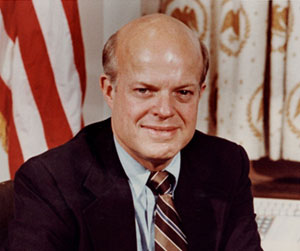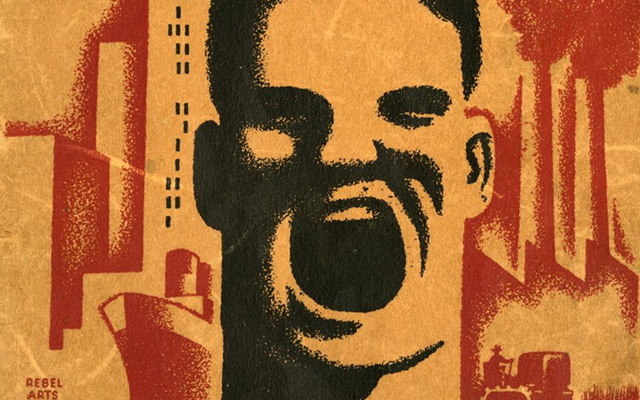President Carter : free the Wilmington 10
- Title
- President Carter : free the Wilmington 10
- Description
- President Carter : free the Wilmington 10. New York: National Alliance Against Racist and Political Repression, 1977. 1 sheet : illustrations ; 28 x 22 cm. A broadside urging President Jimmy Carter to free the Wilmington 10 who were convicted in 1971 of arson and conspiracy in Wilmington, North Carolina under suspicious circumstances. The broadside also advertises a demonstration to be held and reads: ""Demonstrate! Sat., Sept. 17, 1977, 12 noon, Democratic Party Headquarters, 342 Madison/43rd St./N.Y.C.."
- Date
- September 17, 1977
- Original Format
- advertisements
- Extent
- 21cm x 27cm
- Local Identifier
- F265.N4 P74 1977
- Subject(s)
- African Americans--North Carolina--Wilmington--Race relations
- Carter, Jimmy, 1924-
- Chavis, Ben, 1948-
- National Alliance against Racist and Political Repression (U.S.)
- African Americans--Race relations
- Wilmington (N.C.)--Race relations
- Spatial
- Location of Original
- Joyner NC Broadsides
- Rights
-
This item has been made available for use in research, teaching, and private study. Researchers are responsible for using these materials in accordance with Title 17 of the United States Code and any other applicable statutes. If you are the creator or copyright holder of this item and would like it removed, please contact us at als_digitalcollections@ecu.edu.
http://rightsstatements.org/vocab/InC-EDU/1.0/ - Permalink
- https://digital.lib.ecu.edu/22682
- Preferred Citation
- Cite this item
- This item
-
 President Carter : free the Wilmington 10
President Carter : free the Wilmington 10
- My Collections Login
- Printable Feedback Form
Related Search Results
Public access is provided to these resources to preserve the historical record. The content represents the opinions and actions of their creators and the culture in which they were produced. Therefore, some materials may contain language and imagery that is outdated, offensive and/or harmful. The content does not reflect the opinions, values, or beliefs of ECU Libraries.
Contact Digital Collections
If you know something about this item or would like to request additional information, click here.
Comments
Comment on This Item
Complete the fields below to post a public comment about the material featured on this page. The email address you submit will not be displayed and would only be used to contact you with additional comments or questions.







In October 1972, Ben Chavis along with nine other defendants were sentenced in the February 1971 firebombing of Mike’s Grocery in Wilmington, NC. The arson stemmed from long-standing frustration among African Americans due to the slow movement of school desegregation and other social reforms in the state. Known as the Wilmington 10, the group was perceived as political prisoners and were the subject of documentaries and news articles. Human rights groups including Amnesty International and the National Alliance Against Racist and Political Repression took up the cause to release the prisoners. In 1977, in response to President Carter administration’s accusations of Soviet Union human rights violations, the National Alliance Against Racist and Political Repression called for rallies in cities across the United States to free the Wilmington 10. In January 1978, North Carolina’s Governor Jim Hunt refused to pardon the prisoners, though he commuted their sentences. In 1980, a federal appeals court overturned the Wilmington 10’s conviction, and they were released. In May 2012, forty years after their conviction, the Wilmington 10 asked Governor Beverly Purdue for pardons.